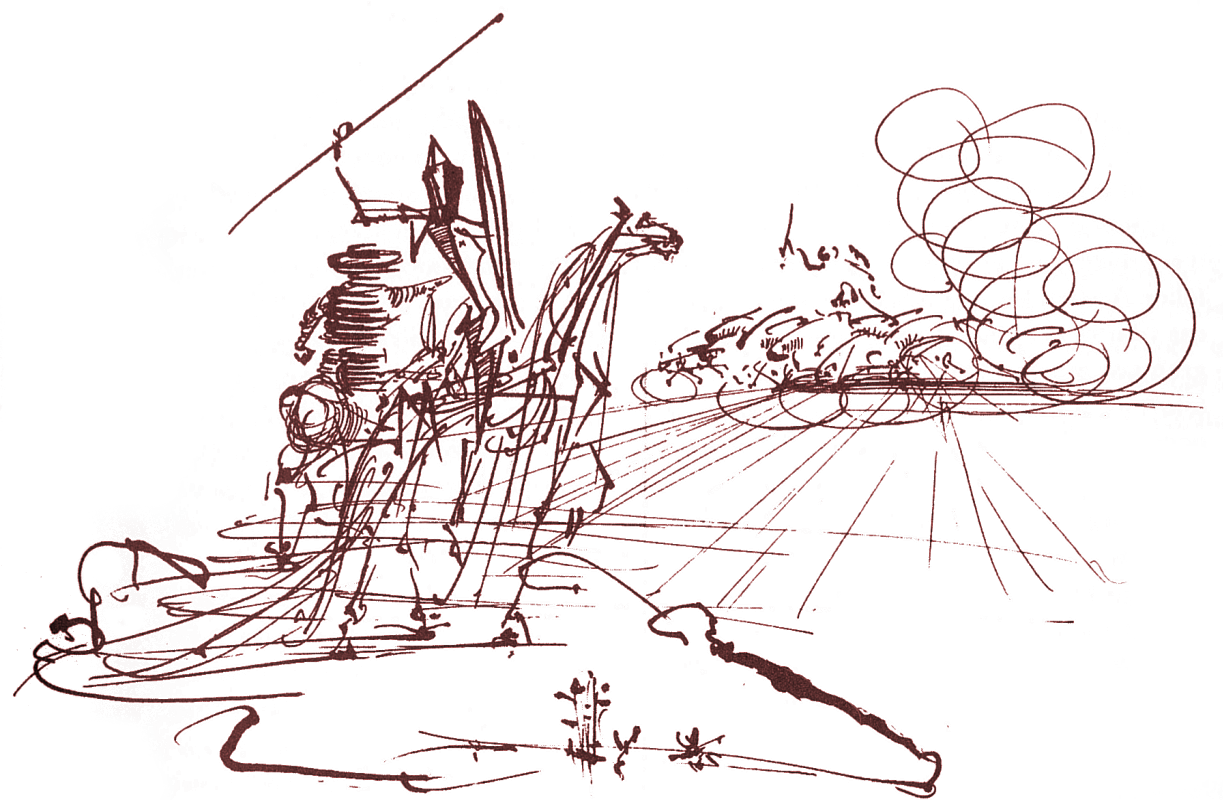People have asked why I critiqued "Idolatry of God," and pointed out that Rollins' earlier works were much clearer on God. Oddly, there seems to be a criticism/dialogue phobia in the emergent church. As for me, I find spiritual and intellectual critique invigorating and healthy and was rather baffled by the strong response Micah Bales' post got.
So I found my old copy of "How (not) to Speak of God" by Peter Rollins, and started poking around (it was lost for the last few weeks).
I remember why this book caused me to respect Rollins and his project. "How (not) to Speak of God" is deeply spiritual and documents ideas that were profoundly meaningful to me as I studied logical positivism in the academy, before I had ever read Rollins or converted to Christianty.
In fact, Rollins makes a point that is a central topic in my article critiquing "Idolatry of God."
"...such a view fundamentally misses the point that, once we give up on the idea that we can make objective, meaningful statements, we must also give up on the possibility of making any nihilistic claims concerning the meaningless of the world. Here we can begin to perceive one of the central elements of the postmodern critique, namely the recognition that relativism (i.e. the claim that there is no meaning) is ultimately self-contradictory, for to say that there is no meaning to the universe is a meaningful statement, as it makes a meaningful claim about the way the universe really is. Hence relativism is inherently self-contradictory and devours itself."
How does the following quote from "Idolatry" stack up?
"In addition to expressing a form of life that can break us free from the desire to find wholeness and satisfaction, the other freedom that the Crucifixion testifies to is liberation from that second, but deeply intertwined, oppressive system: Unbelief. We have already explored how Unbelief is formed and the way that so much of the church supports it by offering us yet another grand narrative that tells us why we are here, where we are going, and what we ought to be doing. However, what we find in the event that gave birth to Christianity is something far more powerful than one more master mythology designed to cover over our unknowing and anxiety. For here [in the crucifixion] we do not find yet another system of meaning to place alongside all the others but a type of splinter that disturbs all meaning systems and calls them into question. [emphasis mine]"
This second quote feels regressive when stacked up next to "How (not) to Speak of God." So what gives? Just written to elicit a response in people, or a change in thought? A game?
When you walk off your symbolic map of God, you have to land somewhere. I don't think it's very pastoral to ask people to walk into the darkness without the felt presence of God, unless of course a specific person's experience of God is a sickness that prevents them from knowing God. Some in fundamentalism may be in this predicament.
But that sort of call is only appropriate in the context of a personal relationship, probably pastoral, not administered as a general-purpose medicine. A dark night of the soul is not a game.
(Here's the whole dialogue in a Storify)









